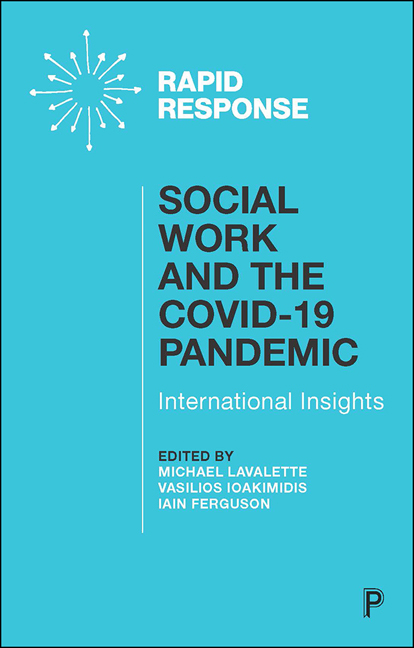13 - The Extent of COVID-19 in Sierra Leone
Published online by Cambridge University Press: 23 March 2021
Summary
Sierra Leone is located on the west coast of Africa with a population of about 7 million. Between 1991 and 2002 it went through a gruelling civil war. Between 2014 and 2017 it was wrecked by the Ebola outbreak, by repeated mud-and landslides and by flooding. The country has a weak economy and struggles to meet human needs. In this sense, COVID-19 is just the latest problem to confront the country.
How COVID-19 came into Sierra Leone
News of COVID-19 started reaching Sierra Leone in March 2020. The video footage of on national and private television stations was frightening, though many believed that the virus was specific to the West. A common belief was that Africans have a very strong resistance to the virus. Traditional herbal concoctions were shared across communities via social media in the belief they could protect people. Similarly, obscure face coverings have been used in the same belief.
In essence, many people believed that COVID-19 was not real, or not dangerous to them. The government launched a huge national campaign to let the population understand the global and national trend of COVID-19, but this had little effect because the government was so mistrusted by the population at large. The COVID-19 situation, then, has become immersed in internal political conflicts – at the expense of an appropriate public health response.
Government response
The first confirmed case of COVID-19 was on Tuesday 31 March and was brought to public attention by the Head of State, Retired Brigadier Julius Maada Bio, during a special state broadcast. The infected person was a national who had returned to the country from France on the 16 March 2020. Fear gripped the nation as the country's healthcare system is appalling.
The cases spread with hundreds of people succumbing to the virus on a daily basis. Much of this goes unrecorded in official statistics. The government instituted the National Emergency Response Committee to manage the situation.
The healthcare system in the country is weak. Across the country there are three testing sites. Regional Emergency Operational Centres have been set up to manage the crisis. They have a responsibility to provide care for COVID-19 patients and have the capacity to install isolation units in government hospitals and clinics.
- Type
- Chapter
- Information
- Social Work and the COVID-19 PandemicInternational Insights, pp. 95 - 100Publisher: Bristol University PressPrint publication year: 2020



